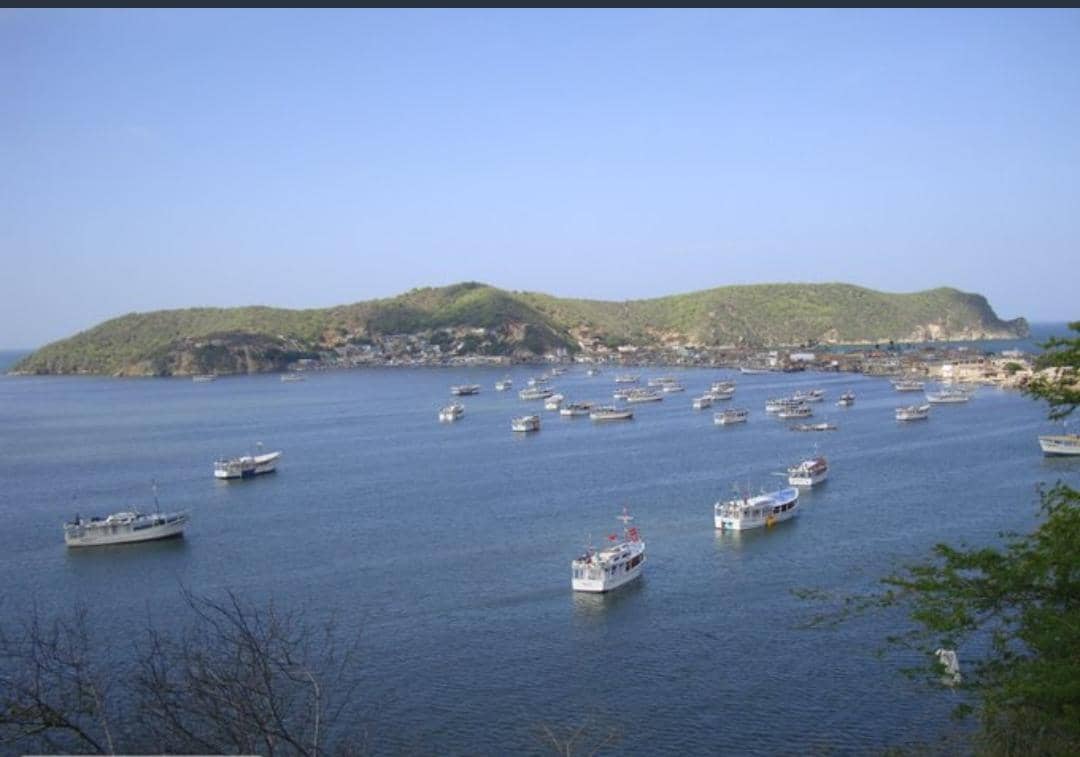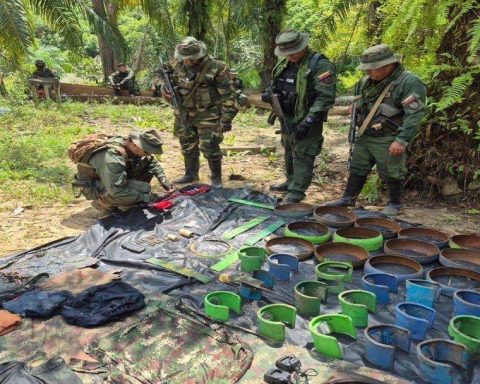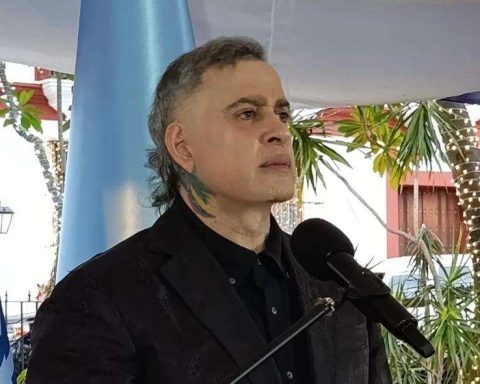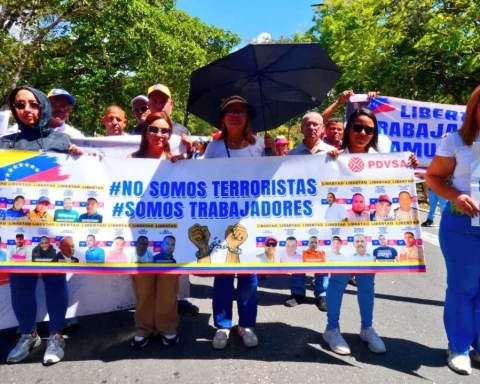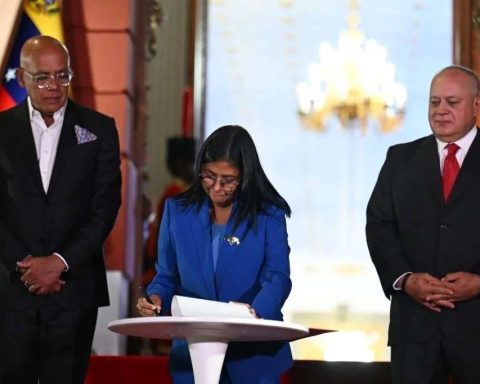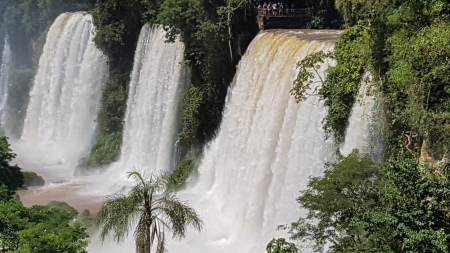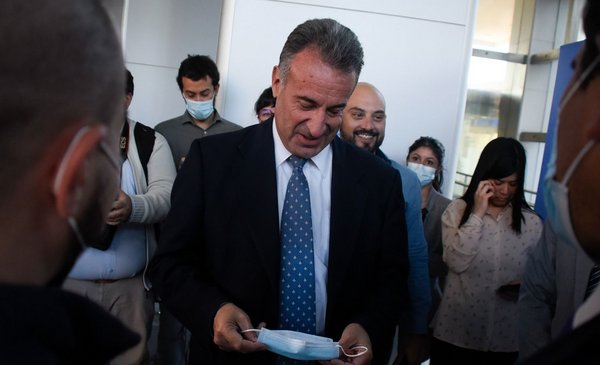The Criminal Chamber of the Supreme Court of Justice agreed that Luis José Lemus Lugo (46) be criminally prosecuted in Venezuela to determine whether or not he is involved in drug trafficking, as indicated by Spain when requesting his extradition, according to sentence 002 drafted by Judge Elsa Gómez Moreno.
Lemus Lugo has been requested by Spain since April 2013, according to an Interpol red notice specifying that he is allegedly involved in the transfer of 3.4 tons of cocaine, which left Venezuela in July 2008 bound for Galicia.
24 years after that event, the Cicpc arrested Lemus Lugo, specifically on May 31, 2022, in Morro de Puerto Santo (Sucre), where he works as a fisherman, the sentence refers to. The 5th Control Court of Sucre, Carúpano extension, ordered him deprived of liberty and sent him to Interpol Caracas to continue the extradition process.
The file was sent to the Criminal Chamber of the TSJ where they confirmed that Lemus Lugo is Venezuelan, therefore not susceptible to being extradited. Likewise, the Prosecutor’s Office informed the TSJ that no investigation is underway against the detainee.
But, based on international agreements that oblige Venezuela to join the fight against drug trafficking, the magistrates urged the Public Ministry “to consider, if it deems it appropriate” to initiate a criminal investigation against Lemus Lugo for crimes under the Drug Law. Because of this, they placed the detainee at the order of the 5th Control Court of Sucre “to verify the legal situation and decide whether or not to initiate a criminal investigation against him.”
The magistrates stressed that drug crimes are crimes against humanity “since they cause very serious damage to the physical and moral health of the people, apart from endangering and actually affecting social security (due to the violent conduct caused by ingestion or consumption of prohibited substances) and even the security of the State itself”.
The chasing
The Criminal Chamber advocates the creation of an international jurisdiction, which allows a State to prosecute, outside its national jurisdiction, those guilty of crimes against humanity, including drug trafficking. But, at the same time, to make it easier for another State to pursue him in its territory, thus avoiding the impunity that could arise due to the situation surrounding their commission, the Chamber states, warning that “there is no international qualification that incorporates those crimes related to drugs, as crimes against humanity”.
